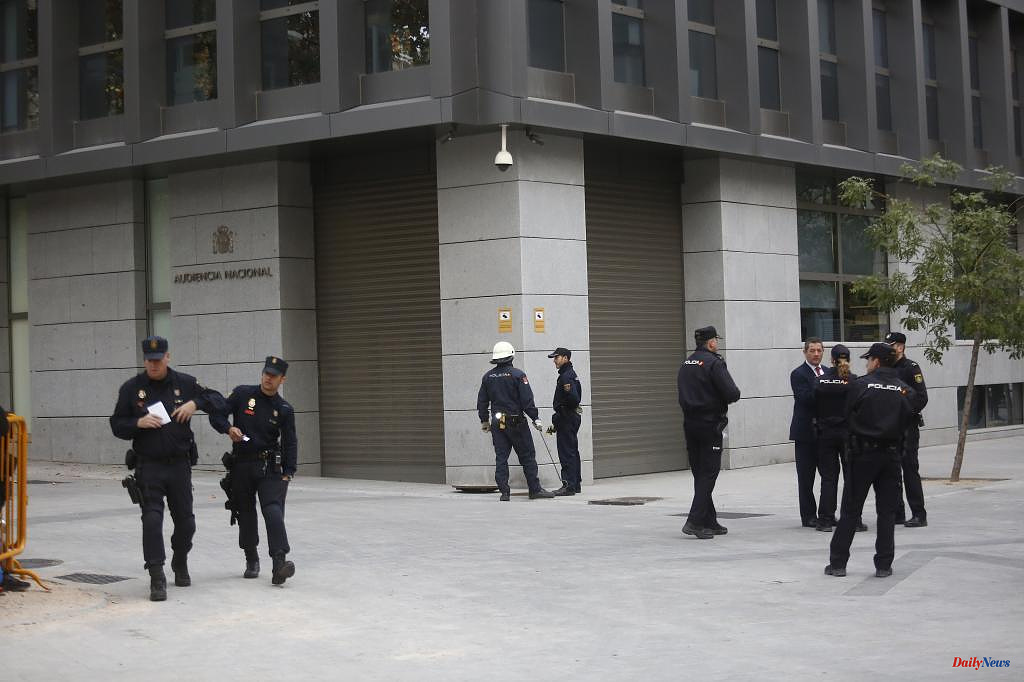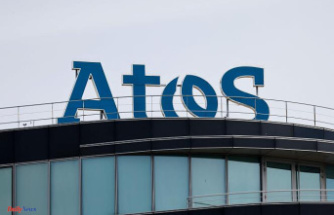The National Court has acquitted the semi-public arms company Defex in the trial for the awards of the Government of Cameroon between 2005 and 2013 in exchange for commissions and bribes to authorities and officials for the supply of defense and security material. Its former commercial director Manuel Iglesias-Sarriá has been sentenced to two years in prison.
The Third Section ruling resolves one of the branches of the Defex case, in which trials are pending for similar activities in Angola and Saudi Arabia. The company was 51% owned by the Sociedad Estatal de Participaciones Industriales (SEPI). The rest was in the hands of private companies in the Defense sector.
Defex's acquittal is due to the fact that the court concluded the criminal acts before in 2015 the law allowed the sentencing of legal entities. As for Iglesias-Sarriá, he is convicted of a crime of corruption in international commercial transactions, although with the mitigation of undue delays due to the time it has taken to resolve the case.
He acquits him of documentary falsification, embezzlement of public funds and money laundering. For the four crimes, the Prosecutor's Office requested a total of 23 years in prison for him.
The same sentence of two years in prison - the Prosecutor's Office requested 18 - for corruption is imposed on Óscar López i Salvadó, president of the Aresa subcontractor. The company is also convicted of this crime. The third defendant, the commercial director of Deimos Space SLU Francisco Luque, has been acquitted.
The sentence considers proven that in relation to contracts in the naval sector, the two convicted men paid different expenses or gifts to Cameroonian officials or authorities and people close to them to ensure their goodwill and help in achieving and maintaining the execution of the contracts. These contracts included the supply of vessels for maritime surveillance, spare parts and accessories, and a training course in Spain and Cameroon.
The gifts included travel, hotel stays and cosmetic surgery for the wife of a senior Cameroonian government official, expenses covered by Defex as prime contractor.
Despite this, the Court understands that these activities do not fit into the crime of money laundering. It also rules out embezzlement, since the money allegedly embezzled would not be from the public company Defex, but from a private banking entity that financed the projects developed in Cameroon. The recent reform of the crime has not affected the decision of the magistrates, who also dismissed the crime of documentary falsification.
The Court applies the mitigation of undue delay, although it understands that the investigation of the facts was complex, an international investigation being carried out that required the issuance of letters rogatory abroad, therefore it cannot be said that the delay in finalizing the case and holding the plenary was improper. Even so, "the extraordinary delay of the procedure" justifies the mitigation, which allows the penalties to be reduced by half.
The Chamber acquits Defex, currently in liquidation, of the crimes of corruption and money laundering. The magistrates consider that the facts subject to prosecution are limited to the years 2005 to 2013 in which the public company carried out commercial operations with the Government of the Republic of Cameroon for the supply of goods for the defense and security of that country.
For the magistrates, "although it is alleged by the accusation that the period of execution of one of the commercial operations was prolonged, the facts subject to prosecution strictu sensu ended in September 2014, that is, before the entry into force of the reform that introduced the extension of the criminal liability regime to state commercial companies".
"For this reason, without going into the study of whether, with respect to Defex, the requirements and circumstances that would make it possible to be considered criminally responsible for the facts imputed to it in the event that it does not have a public nature recognized by all parties, the pronouncement to ruling with respect to this public company on the accusation made against it must be acquittal", they conclude, referring to the difficulty that it would entail to be able to convict Defex, since the law excludes public companies from that possibility.
In the Chamber's opinion, it has not been proven that the facts investigated implied economic damage to the Defex company or its majority shareholder, SEPI, therefore it is not appropriate to impose the payment of compensation.
According to the criteria of The Trust Project












